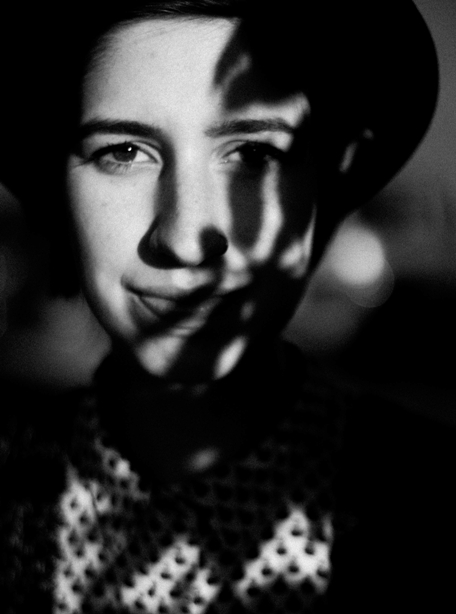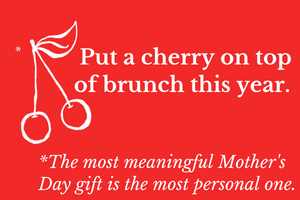
I used to play this game after my brother died.
A bargaining game. I’d give this all back for one more day with my brother, I’d think after reflecting on something positive that had happened. It could be a reconnection with an old friend, or extra time spent with my aging grandparents—any kernel of goodness that had arisen that wouldn’t have if my brother had still been alive. It was a mental game played by the grief-stricken—Would Ya’ Trade It: A Game of Magical Thinking.
In those first blurry days of grief, I told my aunt, “I don’t want to be one of those people who you can just look at them and see that something terrible has happened to them. I don’t want to be like that.” I felt stained. Marked. I knew that this loss would cast a shadow over my life.
And in some ways, it has.
I will always miss my brother. I will always avert my eyes from the “For Brothers” category of Hallmark cards at the grocery store. I will always wish I didn’t know what it’s like to watch my parents grieve a child. To peel away the life I’d anticipated, the nieces and nephews I’d have, the smiling, most familiar face at my wedding. The holidays. The spats. The shared childhood memories.
And yet. With time—a lot of time—my brother’s death reshaped my life. It broke me enough that I had to put myself back together in a different way, a more tender yet stronger way. Before, I’d been a little lost—flailing in my college classes, dating a string of boys with substance abuse issues, procrastinating my dream of being a writer.
After, I became more focused. Life was no longer something that would trickle on forever. Love became more deliberate—if someone mattered to me, I let them know. I vowed to write, to share my story with other people who’d lost a brother or sister. I felt like I owed it to my brother to live a good life.
And to survive my grief, I paid attention to the small blessings that appeared.
At first, they were small and simple. The cards that poured into our mailbox for weeks after my brother’s death, sharing memories of my brother, warm words, and stories of their own losses. A reconnection with family friends. The deep, pooling compassion that began to grow in me, connecting me to the current of suffering that eventually reaches all of us.
Other times, the gifts were more substantial.
A young man and I sat across from each other on stools, chatting. The awkwardness that had blanketed our first blind date began to melt away as we shifted from small talk into something deeper.
“So you’re just moving back to Maine? Why did you leave before?” he asked me.
“Yeah,” I said. I paused for a moment, examining my fingernails, before deciding how honest to be with this almost stranger. “I left two years ago when my brother died.”
He looked straight at me. “You know, I’d never lost anyone until a year and a half ago,” he said. “When my dad died.” The world around us hushed, and I listened to him with my whole body.
Both in our 20s, we had each gone through something serious. Something that rearranged us. This quiet, burrowing understanding connected us, twined us to each other. Something lost braided its way into something found. The beginning of a life, together.
Now, almost 18 years after my brother died, I have built a lovely life. I married that man who sat across from me as we traded stories. We have two amazing children, one of whom, against the genetic odds, has my brother’s flashing blue eyes.
I can’t play that old game of grief anymore, not because I am completely healed, but because I love this life that’s unfolded from the ashes of loss.
Because I can’t undo one thread without the whole quilt of my sweet life unraveling.
~
Author: Lynn Shattuck
Image: Ruthie Martin/Unsplash; Wyatt Fisher/Flickr
Editor: Catherine Monkman






Read 1 comment and reply